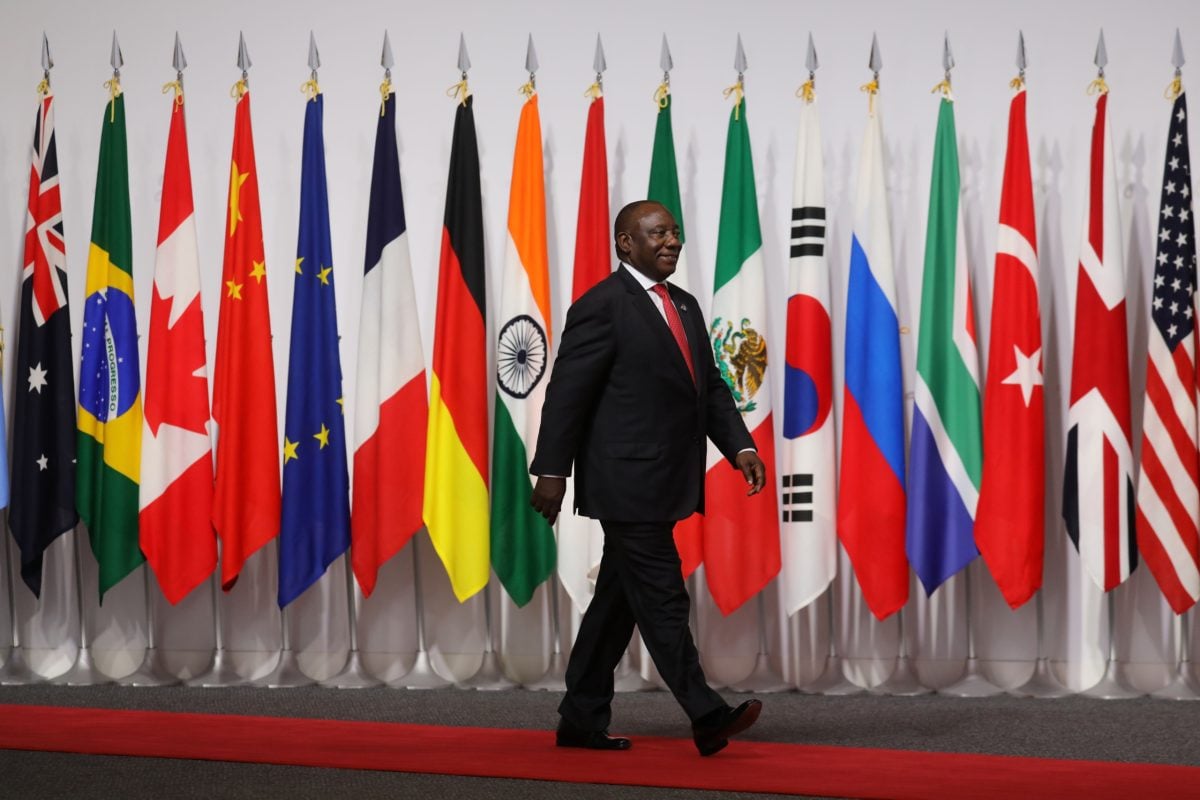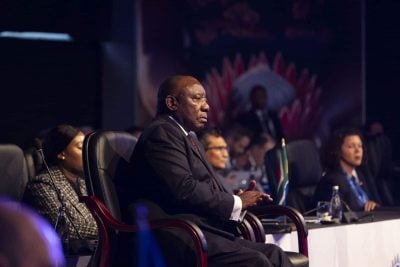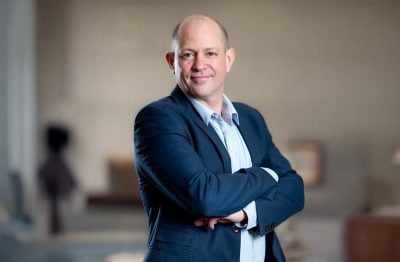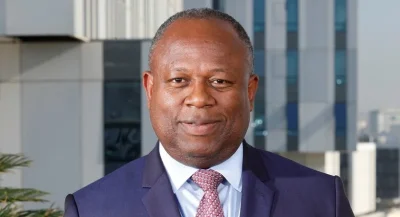The timing of South Africa’s presidency of the G20 could not have come at a more opportune time, with the global system facing a raft of trade and political tensions and the multilateral order fragmenting at an increasing pace.
The country’s role is important at this time because, as the first African nation to hold the G20 presidency, it has amplified the voice of the Global South, driving initiatives such as the reform of the global financial architecture, debt sustainability as well as inclusive growth.
Its intentions are reflected in the theme chosen for the presidency – Solidarity, Equality and Sustainability, reflecting the country’s intention to promote a people-centred and development-oriented future through initiatives and programmes rolled out during the year with G20 partners.
South Africa, as a member of BRICS+ and counting many of the world’s developed countries as its main trading partners, is uniquely positioned to bridge the gap between developed and developing economies and to push for a more equitable global order.
The African presidency is regarded as strategic in light of the United Nations’ demographic projections that the continent is expected to be home to 25% of the global population by 2050, and up to 40% by 2100.
It predicts that the continent will also contribute 85% of the growth in the world’s working-age population over the next 25 years.
Against this backdrop, the G20 South Africa Presidency is being seen as a powerful opportunity to advance a new economic and geopolitical vision for the continent.
Seeking relevance
This comes at a time when the G20 as an organisation is also facing a test of renewal as it continues to seek relevance in these fast-changing times. This process is already highlighted by its shift from dealing with purely financial issues to a more developmental issues as its aims to shift global thinking on traditionally accepted norms in global diplomacy. This has created space for introspection.
The G20 is home to 19 countries, representing the world’s largest economies, and it enjoys representation from the European Union and, more recently, the African Union.
Established in 1999 to address financial crises, it has transformed into the premier forum for discussing and coordinating policies on global economic and other issues such as climate change and digital economy as well as global security issues.
But its members are, in the new global order, increasingly being forced to “pick sides” owing to the fragmentation of multilateralism, navigating both their bilateral and multilateral relationships in a tricky and hostile trade environment. Regional blocs are fraying at the edges as countries are driven by difficult choices they need to make in their national interest.
The organisation’s developmental shift has been galvanised by the priorities of the recent presidencies of Indonesia (2022), India (2023) and Brazil (2024). South Africa has picked up the baton, combining its efforts to tackle pressing global issues with a focus on Africa’s own challenges, many of which emanate from bias and trends in the broader global system.
Leaving a legacy
The country, as host, has sought legacy programmes and initiatives that will continue to benefit the region after the country hands over the presidency at the end of November. These include:
- The Africa Engagement Framework, a multi-year framework (2026–2030) designed to keep African economic and financial priorities on the G20 agenda. It focuses on addressing macroeconomic challenges, infrastructure development, reducing the cost of capital, and strengthening financial institutions across Africa. The South African presidency has offered to support the framework until 2030.
- The Ubuntu Legacy Initiative: An Africa-led framework created in collaboration with the African Development Bank to accelerate cross-border infrastructure projects across the continent in coming years.
- The Africa Energy Efficiency Facility: A continental platform that aims to mobilise $3bn by 2030 to combat severe energy inefficiencies on the continent by financing green projects, harmonising energy policies, and building technical capacity.
South Africa has also introduced new initiatives that reflect the priorities of many countries around the world. One is the launch of the Extraordinary Committee of Independent Experts, chaired by Nobel Prize-winning economist Professor Joseph Stiglitz.
The committee will deliver the first-ever G20 report on global inequality, covering the impact of income inequality on growth, poverty, and multilateralism. It will present a menu of effective solutions for leaders to follow.
Committee member from India, Professor Jayati Ghosh from the University of Massachusetts at Amherst said, “Policymakers the world over are asking for evidence-based, practicable strategies to reduce inequality; a new playbook to deal with the fractured and financialised 21st century political economy.
“We must move away from depending on economic orthodoxies that generate business-as-usual strategies rather than grappling with complex and inconvenient truths,” echoing many of the sentiments of countries in a changing global environment.
Complexity and focus
South Africa, through Reserve Bank Governor Lesetja Kganyago, has urged the G20 to be more focused in its activities and agenda. Given the sheer volume of priorities that need addressing, there is a danger of losing focus and undermining potential impact, he says.
The G20 functions best in a global crisis, he says. “Minds are focused and participants move quickly to find each other in identifying root causes, analysing options and defining the path forward. Once we are no longer in the throes of a crisis, it becomes harder to find purpose.”
“When we say, for instance, that the G20’s relevance is fading, I think we mean that the agenda, always rich in topics, is overloaded and too complex.” He suggested a greater focus on multi-year initiatives, particularly those related to economic development.
“While unanimity on all issues may be difficult to attain, making concrete progress on some of the priorities highlighted above will be essential if the G20 is to remain relevant, not for its own sake, but for the sake of the broader multilateral system.
“These are moments of great crisis – tipping points in history. They require bold leadership from all countries to overcome some of the political hurdles spanning several years that have allowed only marginal progress on many elements of the overarching sustainability agenda.
“The social contract within countries and between the Global North and the Global South can only be restored through tangible actions that have real impacts on the ground for citizens across the world.”
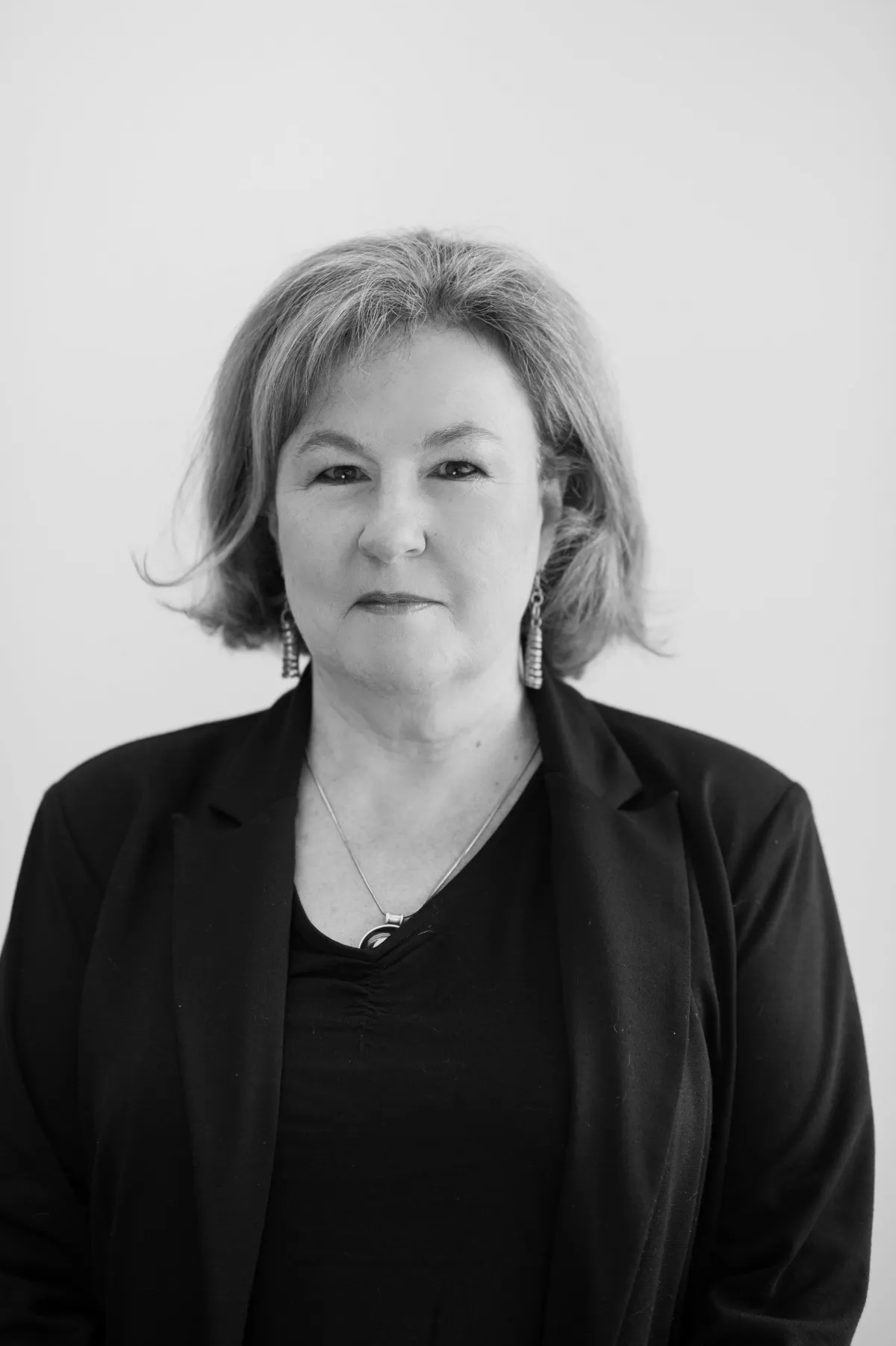
 Sign in with Google
Sign in with Google 